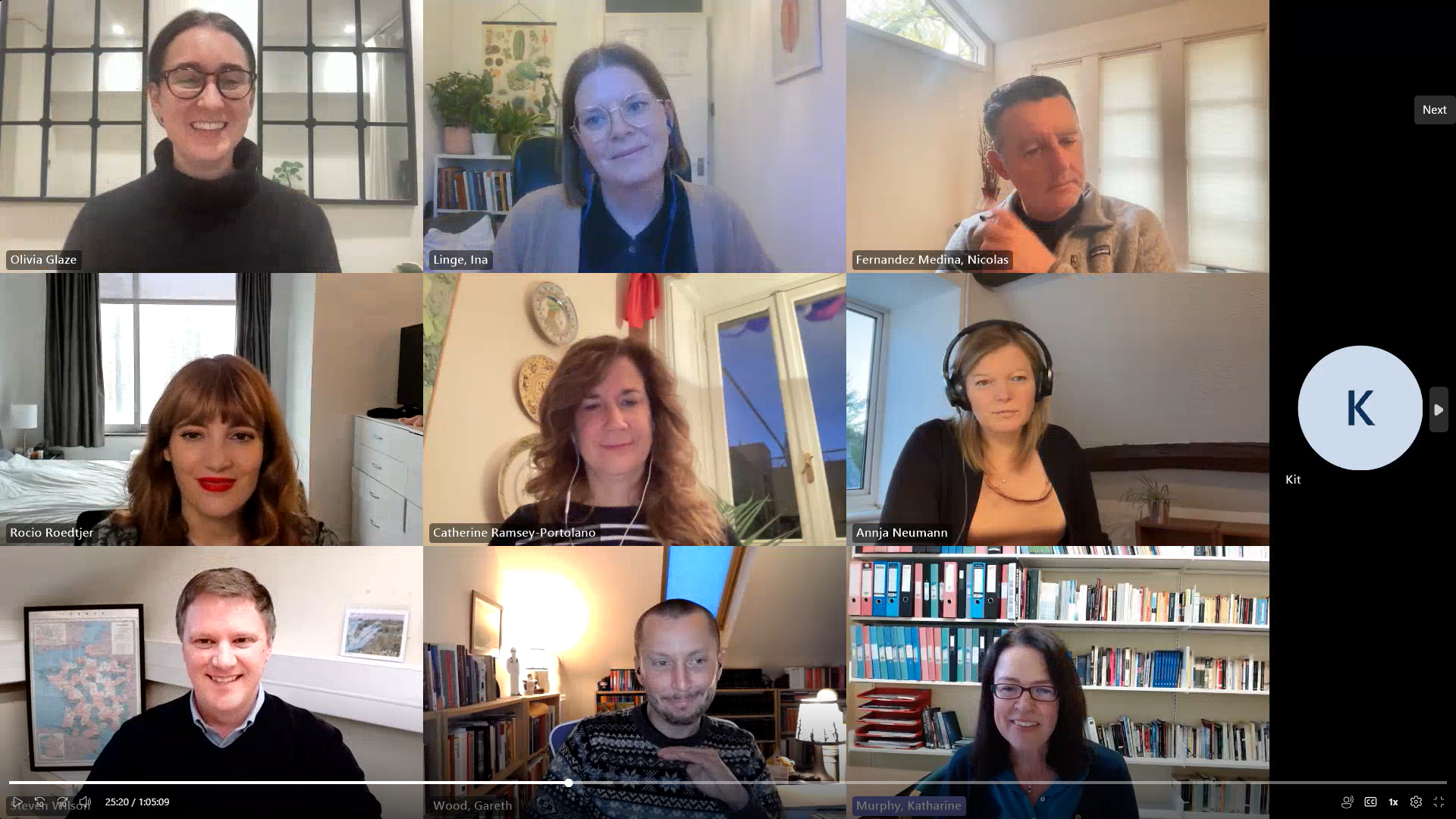
The interconnections between literature and medicine have been the focus of increasing scholarly interest. Building on recent studies in this field of Modern Languages (Fernández-Medina, 2018; Murphy, 2017; Wong, 2024) and transnational Medical Humanities (Elsner and Wilson, 2022; Novillo-Corvalán, 2015), the research network analyses cultural narratives of the body in a European context. Drawing together specialists across language disciplines (foregrounding Hispanic Studies alongside French, German, Italian and Portuguese), the project traces the development of narratives of ill-health from the 1870s to the 1960s and beyond, with particular attention to gendered representations of psychological and physical conditions. This transnational approach seeks to foster collaboration and shared insights across languages and related disciplines. The research considers the importance of language and cultural representation for the dissemination and legitimisation of ideas about health and illness, and the ways in which literary and other cultural texts express societies’ fears and preoccupations, including during periods of social change. The topics also include the legacy and ongoing echoes of cultural narratives of the body, health and illness up to the present day.
Research topics include but are not limited to:
- The representation of doctors and illness in fiction and film;
- The lived experience of illness as expressed by writers and cultural figures;
- The relationship between narrative representations of physical and mental ill-health, and the role of cultural texts in societies’ perceptions of illness and the body;
- The extent to which the representation of physical and mental illness in late-19th- to mid-20th-century Spanish and European literary and cultural texts informs our understanding of social, political and economic circumstances during this period;
- The cultural use of diagnostic terminology to describe communities during periods of upheaval and introspection;
- The construction of metaphors by which political and cultural texts appropriate scientific language to produce ideologically-driven meaning;
- Representations of gender and race in the context of narratives of ill-health, for example in literary engagements with medical discourses;
- What we can learn from the past about the ways in which social, economic and political factors influence the perception of threats to public health in the present day.
Activities include online meetings of the research network and two academic workshops to bring together specialists across languages and related research in Humanities. For more information, please visit our People page.
A collection of articles by the project research network for an extended Special Issue of Journal of Romance Studies on ‘Reading Bodies: Narrating Illness in European Literatures and Cultures (1870s to 1960s)’, co-edited by Katharine Murphy and Olivia Glaze, is forthcoming in Autumn 2025.
Meetings
10 November 2023
The first online meeting of the Reading Bodies Research Network was held on 10 November 2023. At the meeting, we introduced ourselves to other members of the network, we discussed our research interests and the development of topics for the project. Shared areas of interest include: gendered representations of physical and mental illness, including neurosis, in literature and film; medical discourses and artistic form in literature and visual culture; decolonial and transnational perspectives. The network includes specialists in Hispanic Studies, Portuguese, French, Italian and German.

19 January 2024
The second meeting of the group took place on 19 January 2024. We introduced other members of the network, shared ideas in relation to the Reading Bodies project, and started discussions in three themed groups: gender and the body; society, illness and representation; decolonial perspectives.

8 February 2024
For network meeting 3, we continued our discussions about progress on our chosen topics, areas of connection, and shared interests in smaller themed groups.

22 March 2024
We met again in March, to discuss progress on our chosen topics, ahead of the first Reading Bodies in-person workshop in April. For more information about our planned activities, please visit our events page.

